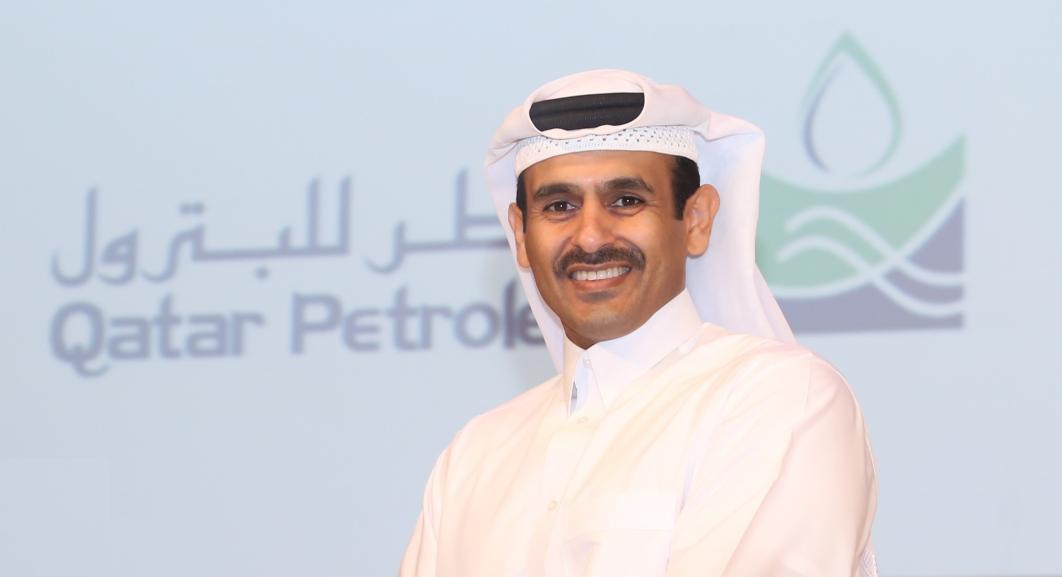
QatarEnergy CEO Highlights Natural Gas as a Crucial Element in Global Energy Transition and Beyond 2050
Posted 25/09/2023 11:19
The CEO of Qatar's state-owned energy company, QatarEnergy, emphasized the pivotal role of natural gas in the evolving global energy landscape, asserting that it's not only essential for the ongoing energy transition but will remain indispensable beyond 2050. Saad Sherida Al-Kaabi, Qatar's Minister of State for Energy Affairs and QatarEnergy's President and CEO, made these statements during the Ministerial Plenary Meeting at Tokyo's Green Transformation Week, a series of events focusing on clean energy, energy security, and climate change mitigation while promoting economic growth.
Al-Kaabi stressed the need for a balanced energy transition that considers energy security, affordability, and sustainability. He noted, "A balanced energy transition demands the incorporation of natural gas in our present and future energy," and highlighted the reliability of natural gas as a base-load energy source for many countries, even beyond 2050.
This perspective aligns with Al-Kaabi's earlier comments made during the LNG2023 Conference & Exhibition in Vancouver, where he emphasized the ongoing importance of natural gas as the cleanest fossil fuel for base-load electricity generation and industrial applications, especially considering the intermittent nature of renewables.
While acknowledging the commendable shift towards renewables, Al-Kaabi emphasized that natural gas plays a critical role in providing a cleaner, cost-effective, and reliable energy source for the energy transition. Qatar, as a state, recognizes the urgency of addressing climate change and is committed to taking concrete actions to mitigate its impact.
Qatar's energy sector is poised for further growth, with 18 projects under development across the oil and gas sectors, representing an estimated capital expenditure of $60.2 billion. This positions Qatar as the world's leading exporter of liquefied natural gas (LNG), with plans to increase LNG production from 77 million metric tonnes per annum (mtpa) to 126 million mtpa by 2027.
According to Wood Mackenzie, Qatar and the United States, together accounting for 40% of global LNG supply, are expected to dominate the next wave of LNG growth. Their abundant low-cost gas reserves, competitive pricing, and strategic partnerships are likely to give them a combined market share exceeding 60% by 2040.
In conclusion, while advocating for cleaner solutions to combat climate change, Al-Kaabi urged the global community to prioritize key factors for a sustainable transition, including bolstering energy security, bridging the energy poverty gap, ensuring equitable energy access, increasing investments in clean energy, and phasing out coal as an energy source.







